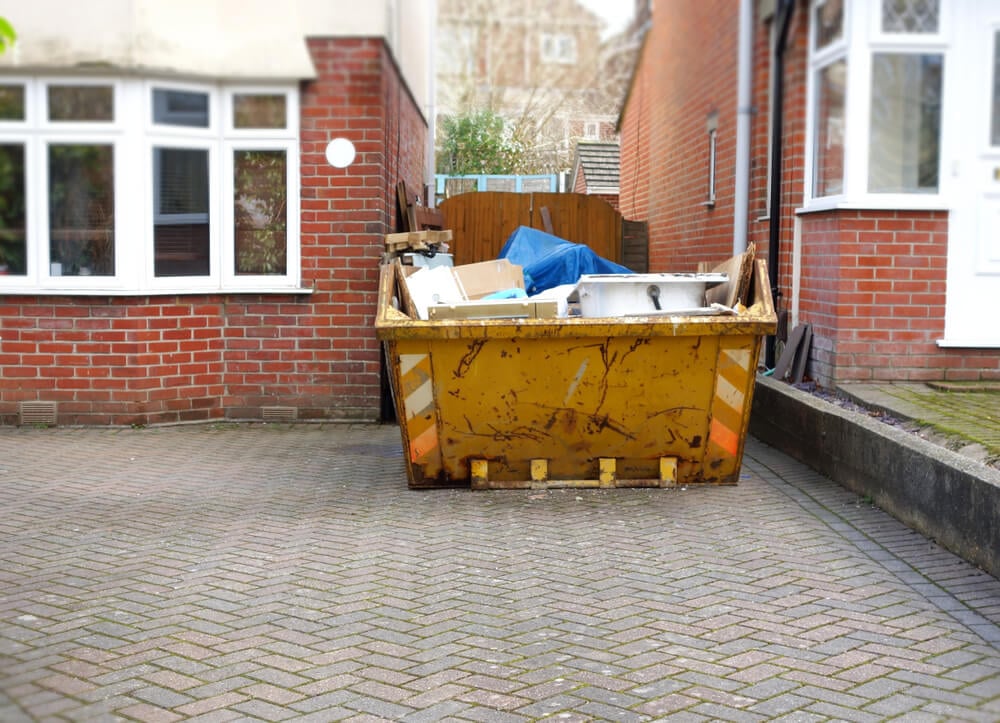If you’re tackling a big home project, clearing out your garden, or undertaking renovations, you might be considering hiring a skip for the first time. While skip hire is a convenient and efficient way to manage waste, the process can be a bit daunting if you’ve never done it before. This beginner’s guide to skip hire will walk you through everything you need to know, from choosing the right skip to understanding permits and what to expect during the hire process.
Why Choose Skip Hire?
Skip hire is an ideal solution for disposing of large amounts of waste that can’t be managed through regular household bins or trips to the local tip. Whether it’s construction debris, garden waste, or household clutter, skips provide a straightforward and cost-effective way to keep your project site tidy and compliant with local waste regulations.
Choosing the Right Skip
One of the first decisions you’ll need to make is choosing the right skip size for your project. Skips come in various sizes, typically measured in cubic yards:
- 4 Yard Skip: Suitable for smaller renovations or garden clearances, holding approximately 30-40 bin bags of waste.
- 6 Yard Skip: Ideal for moderate-sized projects like kitchen or bathroom refits, accommodating around 50-60 bin bags.
- 8 Yard Skip: Popular for larger renovation projects or house clearances, with a capacity of 60-80 bin bags.
- 12 Yard Skip: Best for bigger construction jobs or major home improvements, able to hold about 100-120 bin bags.
Choosing the right size is crucial, as hiring a skip that’s too small can result in additional costs, while one that’s too large may be an unnecessary expense. It’s often better to overestimate your needs slightly, as projects tend to generate more waste than anticipated.
Understanding Skip Permits
A key aspect of hiring a skip that many beginners overlook is the need for a skip permit. If you plan to place the skip on public property, such as a road or pavement, you’ll need a permit from your local council. This permit ensures that the skip placement doesn’t obstruct traffic or pedestrian pathways and complies with safety regulations.
Skip hire companies can usually arrange the permit for you, but it’s important to factor this into your planning, as the cost and processing time for permits can vary depending on your location. Remember, placing a skip on private property like your driveway doesn’t require a permit.
What to Expect During the Hire Process
The skip hire process is straightforward, but knowing what to expect can make it smoother:
- Booking Your Skip: Once you’ve determined the right skip size and whether you need a permit, the next step is booking your skip. It’s advisable to book in advance, especially during busy periods like spring and summer when demand is higher.
- Delivery: On the agreed date, the skip will be delivered to your specified location. Ensure there’s clear access for the delivery vehicle and that the area is free from obstructions. If the skip is going on the road, make sure your permit is in place.
- Filling the Skip: As you fill the skip, keep in mind that skips must be loaded evenly and not overfilled. Overfilled skips can’t be collected for safety reasons and may incur extra charges. Additionally, ensure you’re not placing prohibited items in the skip, such as hazardous materials, electrical goods, or tyres.
- Collection: When your skip is full or your hire period ends, the skip hire company will collect it. They will then sort and dispose of the waste according to environmental regulations, recycling where possible.
Tips for First-Time Skip Hirers
- Plan Ahead: Estimate the amount of waste and choose a skip size accordingly. It’s better to have a little extra space than to run out.
- Check for Prohibited Items: Familiarise yourself with what can and cannot go into a skip to avoid additional charges or the need to remove items yourself.
- Consider Access: Ensure there’s enough space for the skip and the delivery vehicle, and that it won’t obstruct your neighbours or public pathways.
Hiring a skip for the first time doesn’t have to be complicated. With the right preparation and understanding of the process, skip hire can be an efficient and hassle-free way to manage waste from any project. This beginner’s guide to skip hire has covered the essentials, from choosing the right skip size to understanding permits and the hire process, helping you to make informed decisions and ensuring a smooth experience.

